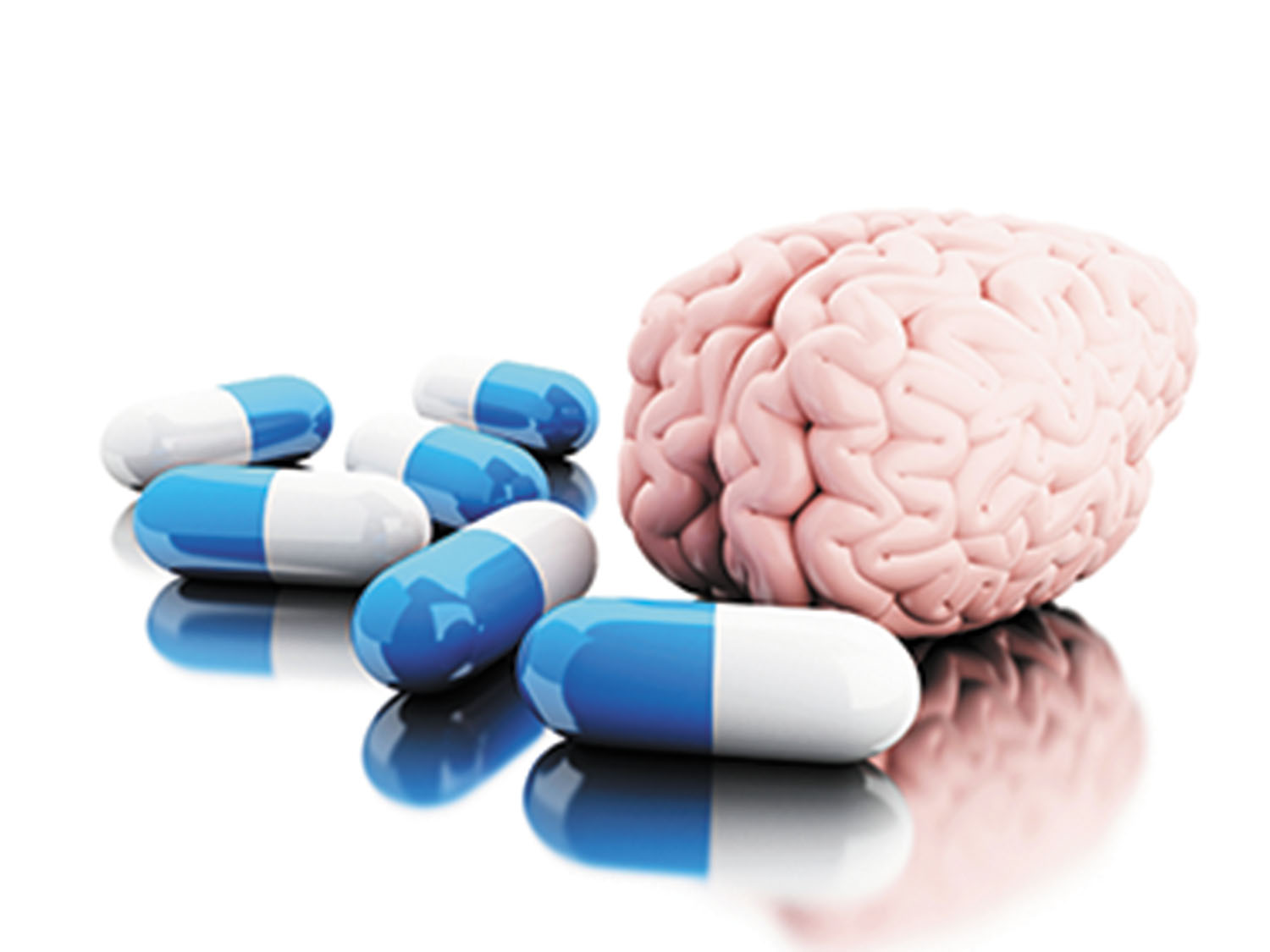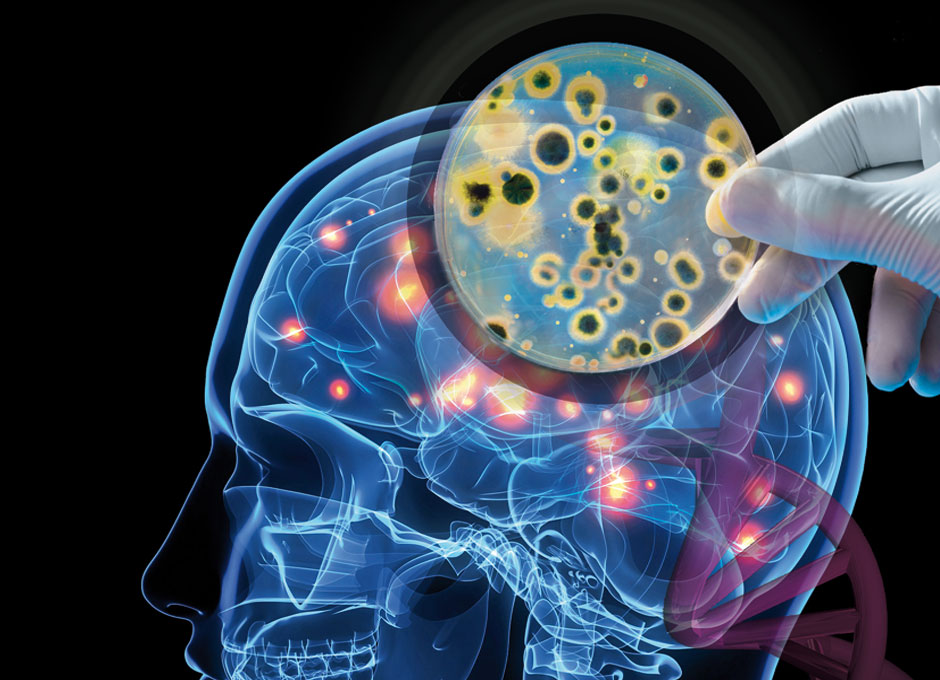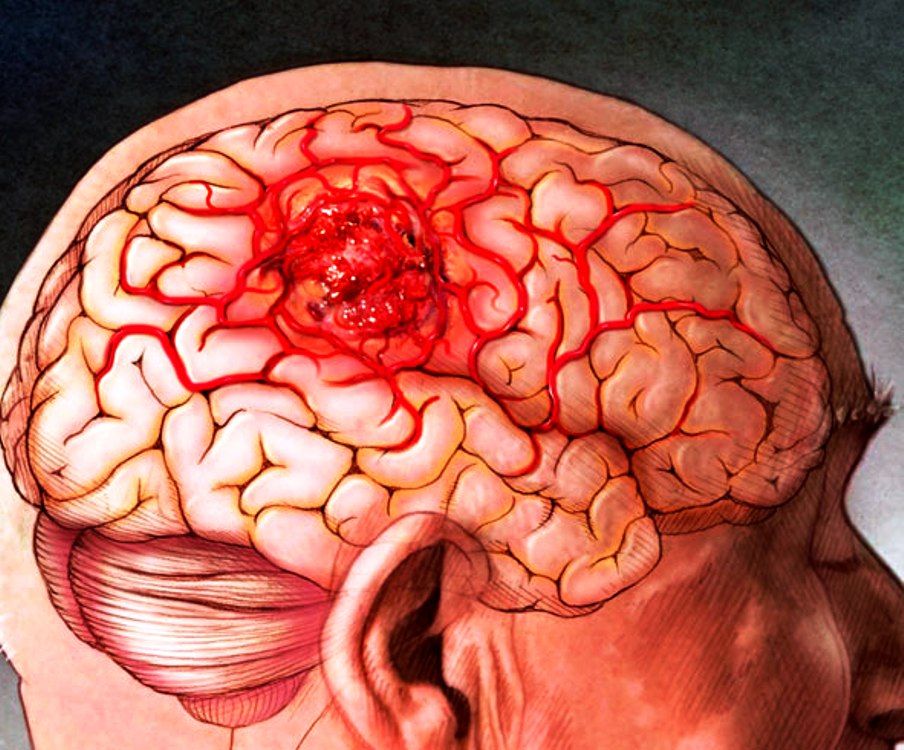Photo credit: Relativity Media
In the 2011 film Limitless, Bradley Cooper’s
character Eddie Morra starts out as a low-energy, unmotivated and unfocused alcoholic. But after taking a magical pill known as NZT, Eddie’s life takes a momentous turn around. He gets into shape, he starts making serious money on the stock market, his energy is relentless and his mental potential is ‘limitless’.
This film immediately grabbed my attention and had me questioning the possibilities of becoming like Eddie does in Limitless without taking a ‘magical pill’ that only exists in fiction (although some have drawn comparisons to NZT from drugs like Modafinil — which I don’t recommend).
I went on a journey of self-development and natural cognitive enhancement through hard-to-find, yet easy to conquer means. The hundreds of hours reading books, websites, watching interviews with the top people, talking to top people, experimenting with working methods and lifestyle habits have lead me to a long winded but important lesson:
You do not require a pill to give you the advantage that Eddie appears to have in the 2011 film. The unparalleled abilities and impressive skills can develop by approaching these 5 strategies. You too can become limitless.
This means becoming:
- Better at picking up new skills
- Cognitively sharper
- More routined
- More creative
- Increasingly productive
- Better focused
1. Picking up new skills effectively
Acquiring new skills often seems like a fantasy. In Limitless, Eddie Morra quickly learns new languages and uses them with fluency. In another scene we seem him learn the ‘math’ of poker in order to capitalise on his new found abilities and also play piano, although we don’t get to see him woo someone in the local mall by playing ‘Clair De Lune’ on the public piano.
Either way, being able to obtain new skills sounds great, but we don’t quite know how to do it without putting the hours of work that masters of the craft have had to put in. The immediate thing to point out is that you too will have to put in lots of hours — there are no shortcuts to picking up skills easily, but there are a few strategies that are great at helping you obtain and retain those skills intelligently and confidently. These are the techniques that have been reviewed by experts as the best ways to avoid mistakes and maximise cognitive input.
One extremely effective technique is known as the
‘Pareto Principle‘. In this, you should look for the
20% work that would give you
80% of the results. In 1906, Italian Economist, Vilfredo Pareto discovered that 80% of the land in Italy was owned by 20% of the population. Quickly, other powerful analysts noted that the same ratio was apparent in their own field of expertise with (for example) 80% of large company sales coming from 20% of their client base.
Here’s how the Pareto Principle can affect your skill acquisition: when learning a new language, you should find the most commonly used phrases and ‘filler’ phrases such as ‘errm’ and ‘the thing is’ in order to make the most progress. The commonly used phrases will cover most basic conversations whilst the filler phrases will allow you to extend your use of the language whilst thinking about how to say something in that language.
Identify the 20% work that will give you 80% of the results. In learning a language it does not take long to realize that there are a few very key words that pop up over and over again. You can do a quick search for “most commonly used French words” for example and begin to learn them first before adding on the rest.
2. Getting laser-focus
Having laser-like focus is extremely important in the process of becoming a Better focused ninja. You want to zero-in on important tasks and smash through tasks with no procrastination or distractions. Building a focus like this seems impossible, but all high-achievers have grasped the ability to have this sharp focus and have done so by placing their attention on what is important and being extremely specific about it.
Setting a goal is key to having great focus. However you cannot be vague with your goal. For example: ‘I want to be successful’ or ‘I want to be rich’ are too obscure and imprecise. When you goal is similar to this, your mind starts to lose sight of the goal and instead seeks distractions, knowing that possibly one day your goal will be achieved by accident. But this is simply not the case.
Being specific eliminates any uncertainty or mist around where you are headed in life. One effective technique that I recommend is to use the SMART method of goal setting. SMART stands for: Specific, Measurable, Achievable, Realistic and Time-bound.
Here’s an example of goal setting using the SMART method:
Specific: I want to work in San Fransisco as Product Lead in a mobile app company (potentially start-up)
Measurable: Obtain a work-visa, have at least a $60,000 yearly salary offered, have worked as a project manager for at least a year
Achievable: To work as a project manager for a year seems attainable
Realistic: Getting offered a $60,000 yearly salary may cause complications, but could live cheaper lifestyle and also side-income would be helping living costs, moving to San Fran is more important than being offered specifically a larger salary
Time-bound: Deadline based. 6 years from now. (2021).
–
It’s important to note that like a muscle, your mind too needs rest after a long period of intense focus. The goal here is to have a large duration of your day-to-day focused on completing important tasks over years and not burning out — causing you to end up fatigued and having a clouded mind. Make sure to get rest and wander by reading or listening to a podcast whenever your mind tires.
3. Build winning habits
Who we are and how we go about the decisions we make in life are comprised of a few variables — one of the most important being habits. The dream is to crush all of our bad habits: smoking, drinking, procrastination, nail biting and to replace them by great habits that ultimate control the outcome of a lot of decisions we make on a day-to-day. This does no have to be a wild fantasy however; anyone can build up great habits and replace bad habits they may have.
One actionable technique for building a winning habit is to break your habit down into a
really small and easy to complete task. For example, I wanted to build up a habit of writing everyday so I started by just creating a habit of ‘write one sentence everyday’. This could be the worst sentence or the best sentence and in fact, during the first two weeks, I found myself writing the sentence and then moving onto something else. But every so often I found myself quickly
surpassing the sentence goal and then writing a whole page. After a few weeks of this, I upped the habit to ‘write 10 lines everyday’. Once again I got similar results, but either way, I had built a habit and was making progress toward the
ultimate winning habit… just for frame of reference,
I now write a minimum of 1,000 words a day.
There is an incredible book I recommend and even feature in
my reading list by Charles Duhigg called ‘
The Power of Habit‘. The book is great at explaining what Duhigg refers to as the ‘Habit loop’ which, once understood can allow you to change or create any habit by simply making a few changes to specific parts of the ‘loop’ itself. I highly recommend
grabbing the book, as it’s quite possibly one of the most value-dense books I’ve ever invested in.
4. Producing creative ideas anytime
Understanding that creativity is the key to making it big in our new economy today is the first step. Let’s repeat that: creativity is the key to making the ‘big bucks’ in our new economy today. Got it? Right, time for the second step.
If you want to produce creative ideas any and all the time, you’ve got to start taking note of a few of these things… in fact there was one right there. Taking notes.
Creativity demands that you are constantly coming up with new ideas, ideas that you’ve never thought of before. In order to do this, you must first rid your mind of the ideas you already have in order to make room for new ones. Grabbing a journal,
like the one I use, and writing down
everything that comes to mind (whether it be in a structured or non-structured format) is great way of relieving yourself of overthinking and is quite possibly
the easiest way to produce the most results creatively.
Any curious mind would start to notice that as you write down your thoughts and ideas in a journal, you will quickly beg to ask questions and start conversations with people that will bring out the best, new ideas you will need to make it big!
^this technique also allows you to be more observant and aware of what may have previously been hidden in plain sight, but is actually an incredible idea that will shape your future.
When becoming an idea machine, you’ve got to make sure that you aren’t preventing yourself from actually making those ideas a reality. Luckily there is just
one rule to follow when being a creativity beast.
5. Increasing your work output and productivity
Increasing your productivity and work output rate is incredibly important to
having an edge over the competition. Now that you are building up that sharp, laser-like focus, all you need is to become extremely productive… and then you’ll be unstoppable. (I at this point see myself as Neo when he finally realises that he’s ‘The One’).
The first technique I would often try to harness is the ‘flow’ state, The term ‘Flow’ is used to describe a state, that was first coined by psychology professor
Mihaly Csikszentmihalyi, in which we are completely absorbed in an activity, especially an activity we’re good at. During this ‘optimal experience’ we feel ‘strong, alert, in effortless control, unselfconscious, and at the peak of our abilities.’ I often notice that time zips by, you feel incredibly zoned in and you get a tingly feeling in your body whenever you take a second to notice that you’ve tapped into the state. I’ve noticed that to access this state, you must try to do a combination of things:
- Turn off internet access (unless you desperately need it for work)
- Block out a long period of time to work on the important task, with zero distractions in your work space
- Listen to a ‘flow’ encouraging playlist (like the one I’ve compiled together)
- OR just play one song on repeat — I explain why here with an example from serial investor Chris Sacca
Another great way of becoming a
productivity badass, is by simply
saying ‘no’ more. One thing we do often is that we allow outside distractions (ie, other people and their priorities) to take us off course. In the little moments when someone asks ‘could you just quickly’ or in the long run when someone states that
‘I’d love it if we could work on this together’, we are being temporarily dragged away from our important task and therefore our main goals.
Now I’m not asking you to be stubborn and negative, but just be more aware of when you are constantly bending over for others and putting off something important to you that needs to be done. Maybe consider blocking out a few months on a project and then upon completion, prioritise one month to selflessly helping others around you.
Becoming Limitless
By simply applying even just one of these strategies to your life, you’ve already started the process of improving your life. Eddie Morra would be proud. If only he knew that it doesn’t require a pill, to be truly limitless.













